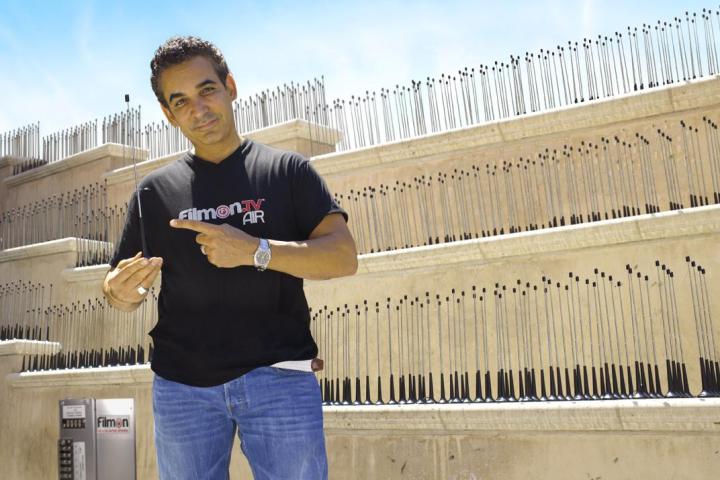
Aereo has been expanding its services into new markets in a very strategic way, coordinating its expansion and its legal defense at the same time. But those efforts could be foiled due to the legal entanglements a smaller but similar service in California is involved in. Depending on the outcome of deliberations in the U.S. Court of Appeals in Pasadena, California, Aereo could find itself headed to the Supreme Court.
Aereo, which leases out tiny HDTV antennas and uses them to stream live, over-the-air network television broadcasts via the Internet, spent a fair amount of time in court defending itself before it was handed a legal victory by the Second Circuit Court of Appeals in New York. Since receiving the courts blessing, Aereo has slowly but steadily expanded beyond NYC into Boston and Atlanta, and is set to start operations in Chicago next month.
Meanwhile, broadcast networks including Fox, ABC, NBC and CBS are going after a much smaller, Beverly Hills-based company which now goes by the name FilmOn (the company’s name for its service was Aereokiller). The company, which provides essentially the same service as Aereo, was shut down in January 2012 by a federal court in Los Angeles in response to Fox’s request for an injunction. Judge George Wu of the U.S. District Court for the Central District of California ruled that the service infringed on broadcasters’ copyrights. Today, FilmOn’s legal team gathered before the U.S. Court of Appeals in Pasadena to square off with the big broadcast networks.
If the judge decides to uphold Fox’s earlier victory, it will have ruled in contradiction to the decision made by the appeals court in New York on what is essentially the same technology. If that happens, the issue could very well be taken to the Supreme Court, and Aereo along with it.
At the heart of the legal matter is the interpretation of the public performance clause of the Copyright Act of 1976. Aereo’s lawyers maintain that the company’s service amounts to a private performance. Networks consider it a rebroadcasting, and therefore a public performance. But it could be argued that this really comes down to re-transmission fees, which Aereo doesn’t pay. If Aereo can lure away enough cable and satellite subscribers, it will have a real impact on broadcaster revenue.
Before Aereo gets too wrapped up with preparing for a Supreme Court battle, it will need to take care of unfinished business in New York. Its early victory there simply kept it from being shut down. Aereo’s request that the case be dismissed entirely has not yet been decided on.



